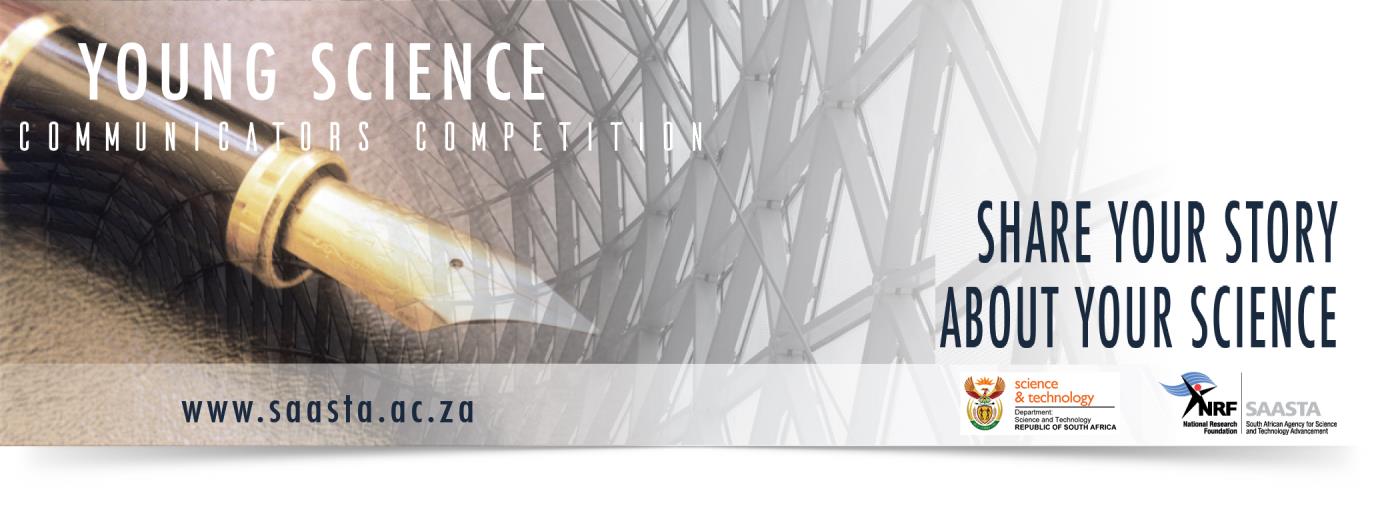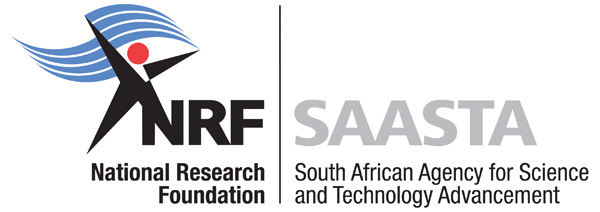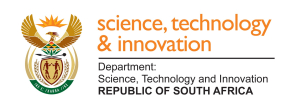Young Science Communicators 2018 Winners

Young people are breaking down barriers between science and society
Encouraging young scientists to share their work and engage with society is part of the South African Agency for Science and Technology Advancement (SAASTA)’s drive to connect science and society, to ultimately lead toward its vision of a critically engaged and scientifically literate society.
In line with this objective, SAASTA’s Young Science Communicators competition provides a platform for young people studying science to share stories about their work and to develop their communication skills. At the end of 2018, over 200 passionate, young scientists put together their thoughts and stories, in the form of videos, articles, audio clips and other creative modes of communication such as poetry and cartoons, to enter the competition.
The art of sharing complex scientific ideas using accessible language and tools is key to breaking down the barriers between science and the broader public.
The most recent round of the competition acknowledged the importance of communicating science in indigenous languages, and talking to and engaging with people in their mother tongue. The United Nation’s 2019 celebration of the International Year of Indigenous Languages raises awareness of the importance of language as a tool for communication, education, social integration and development.
Communication of science in indigenous South African languages is critical for science to be inclusive to all of South African society. Entries in isiXhosa, isiZulu, Tshivenda, Xitshonga, Sepedi, Sesotho, and Afrikaans highlighted the appetite for young scientists to be sharing their work in their own languages.
Geologist Humbelani Muofhe, who was awarded second place for her Tshivenda entry in the Indigenous Language category, said “Writing [my] Tshivenda entry was not easy because some scientific words do not exist in my home language, but I found a way to explain them better.”
Sharing stories about the impact and relevance of science and research to the broader society can help better connect science with society. Michél Strauss, a PhD candidate in Physiology student from North West University, was awarded first place in the Writing category. She is passionate about her work and says “it is amazing to know how our findings could positively impact the lives of others”. She hopes by writing about her work she can bring more attention to the harmful role that a high salt diet plays in cardiovascular disease development, and encourage readers to make conscious decisions when it comes to their daily salt intake.
The adjudication of the competition has been concluded and the results are:
Article category
First place: Michél Strauss – Spilling the “salt” on a shaky situation
Second place: Yashini Naidoo – Superbugs: The end of an antibiotic era?
Commended:
Mpho Mosia – A diary entry by cell-free DNA
Jonathan Botha – Growing money on trees: Cellulose and its role in the bioeconomy
Karla Alujevic – Not too hot, not too cold: A lizard’s struggle to find that “just right” in the face of climate change
Carri-Ann Bloom – Indigenous Knowledge Systems: Why Local is Lekker.
Open Category
First place: Molly Czachur – Finding Fish
Second place: Julia Davies – The Streets Beneath
Commended:
Amica Muller-Nedebock – DNA. Why does it matter anyway?
Nomawethu Hlazo – The Fossil Chronicles Comics
Indigenous Language Category
First Place: Chwayita Ncedana – Ubukrelekrele be ndalo-akulahlwa mbeleko ngakufelwa (isiXhosa)
Second place: Humbelani Muofhe – Oh, No gudela zwa matombo? (Tshivenda)
Commended:
Molly Czachur – Finding Fish (Afrikaans)
Nkululeko Khanye – Umhlaba Oguqukayo (isiZulu)


 The South Africa Agency for Science and Technology Advancement (SAASTA) is a business unit of the
The South Africa Agency for Science and Technology Advancement (SAASTA) is a business unit of the 